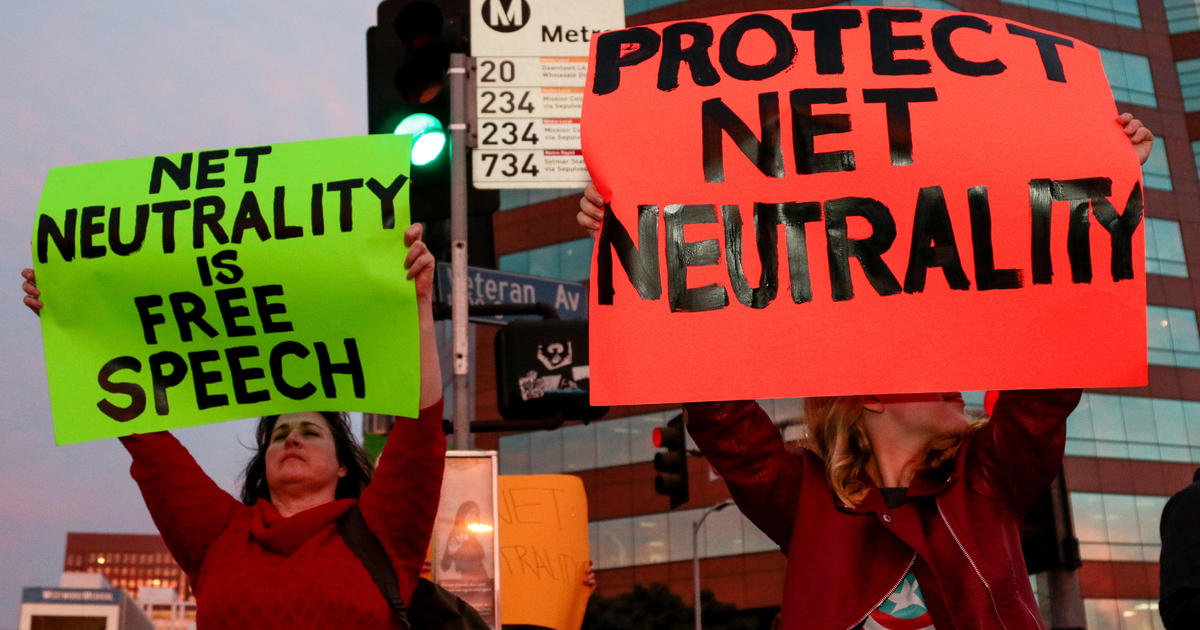Investors may be forgetting the lessons from Lehman Brothers collapse
Ten years ago, Lehman Brothers collapsed. The ensuing decade proved incredibly profitable for investors as policymakers around the world threw everything they could at the problem.
Government and corporate debt levels have exploded. Monetary policy stimulus has been extreme -- and no major legal action was taken against the banks.
And thus, financial asset prices have soared: We're in the midst of the longest bull market on record. Apple and Amazon both recently became $1 trillion companies. And from the March 2009 intra-day low of 666, the S&P 500 is up 336 percent and is pushing towards the 3,000 mark.
Consumer confidence is off the charts. Investors are piling into low-cost passive mutual funds and ETFs with a quiet belief that market gains will continue, ignoring the risks of the resulting exposure to a handful of large technology stocks. The latest creations from the world of finance are e-scooter-sharing companies worth billions and digital money created out of the ether.
Have we all forgotten the lessons of Lehman? It's easy to see why.
Overvalued stocks
For years, stocks have relentlessly grinded higher as every bump (Brexit, President Trump's surprise election victory, the Eurozone crisis, the fiscal cliff, etc.) has merely proved to be another buying opportunity. Stocks are about 50 percent overvalued from historic norms. Corporations have been using cheap debt to buy their own shares, artificially boosting earnings-per-share metrics and thus stock prices.
And although the Fed has been tightening policy since 2015, President Trump's aggressive fiscal policy efforts have poured gasoline onto an economy that was already operating beyond its full potential. Thus, inflationary pressures are now bubbling up -- which will encourage a more aggressive rate hike pace. Such are the consequences of when the GDP growth rate is higher than the unemployment rate, as it is now, as the federal budget deficits speeds towards the $1 trillion mark.
It is said that risk happens fast. As it did back in February of this year, when volatility exploded higher as markets suddenly worried about the implications of rising long-term interest rates. On the surface, calm has been restored thanks to the big U.S. tech stocks, which have pushed the major stock averages to new record highs in recent weeks.
Indicators of fear
But broader measures of the market are still fearful: The S&P 500 Equal Weight Index, which filters out the market capitalization pull of stocks like Apple and Amazon, remains below the highs seen in January and late August. Vanguard's All-World ex-U.S. stock index is down nearly 12 percent from its January highs as markets across the emerging and developed world struggle. China's Shanghai Composite is down 25 percent, in a bear market outright.
Back in 2008, what was a nagging concern about the health of the overhyped housing market, kindled by the infamous $2 buyout of a collapsing Bear Stearns by JPMorgan in March of that year, quickly devolved into full-fledged panic mere months later.
I vividly remember those times. The rapid turn from the halcyon days of 2006, when seemingly everyone had real estate aspirations. Condos in Las Vegas. Mini-mansions in Phoenix. The early tremors of the summer 2007, which former Federal Reserve chairman Ben Bernanke dismissed out of hand as he held interest rates at 5.25 percent.
Then, it all came undone as everyday Americans learned of the financial alchemy that had artificially bolstered home prices.
Things like collateralized debt obligations (CDOs), mortgage-backed securities (MBS), and credit default swaps (CDS) magnified the impact of the nationwide drop in home prices, something many believed could never happen. The consequences were catastrophic with 8.8 million jobs lost and over $19 trillion in household wealth destroyed.
The government rushed in, ignoring populist anger against the bankers and the risk of creating moral hazard. The Fed started buying assets, swelling its balance sheet from $900 billion before the crisis to a peak of $4.5 trillion. The U.S. Treasury injected capital into the major banks via the "TARP" program. Fannie Mae and Freddie Mac were essentially nationalized.
Lessons forgotten?
Societe Generale's Albert Edwards, one of the few skeptics left on Wall Street after all these years of easy gains, worries that both policymakers and investors have forgotten the lessons to be learned from the collapse of Lehman Brothers and the crisis that resulted. Namely, that the mid-2000s housing bubble was allowed to happen in the first place, enabled by easy credit and widespread speculative fever.
Brad McMillan, chief investment officer at Commonwealth Financial Network, believes that the real lesson of the collapse of Lehman "was that the system was more vulnerable than anyone thought."
Former senior Fed official Peter Fisher, in a speech last year, admonished the Fed for its perverse resistance to admit its role in this: "Curiously, the Fed has acknowledged no failures. All the experiments have been successful, every one: no failures, no negative side effects, no perverse consequences, only diminishing returns."
Put simply: Then, like now, investors are ignoring the role overly loose monetary and fiscal policies are playing in boosting asset prices beyond what's justified by the fundamentals. That's the very definition of a bubble.
This time, when the bubble pops (which it eventually will, likely from a combination of trade war consequences and high inflation), policymakers have already exhausted their toolkits. What will be used to stem the tide?




